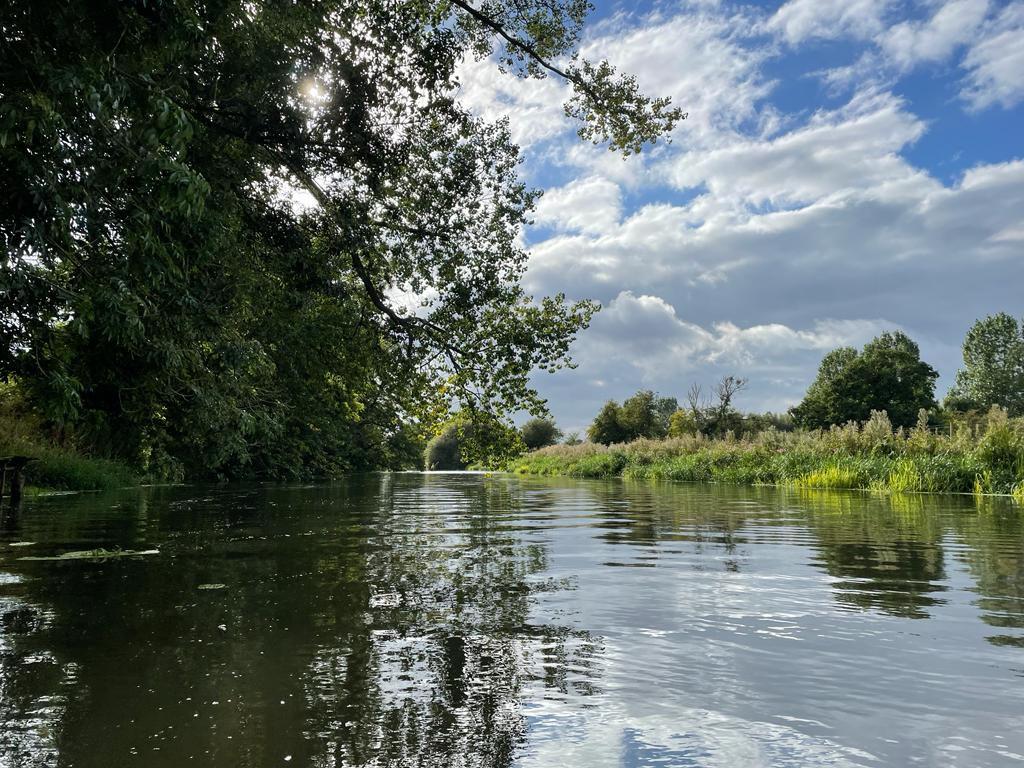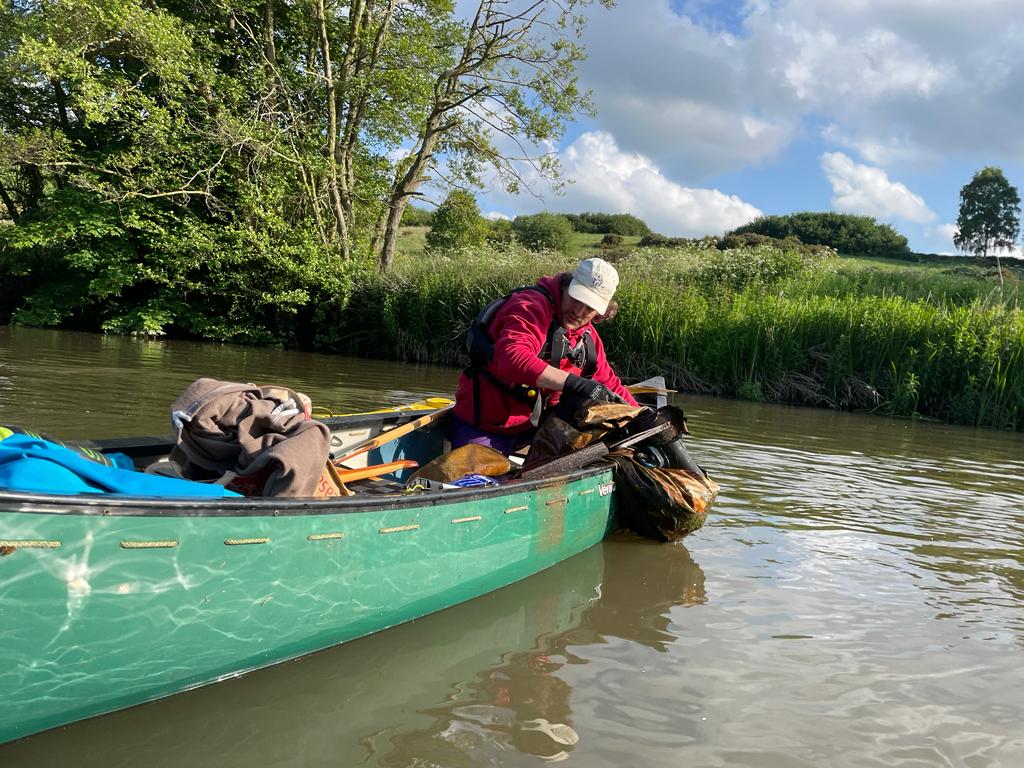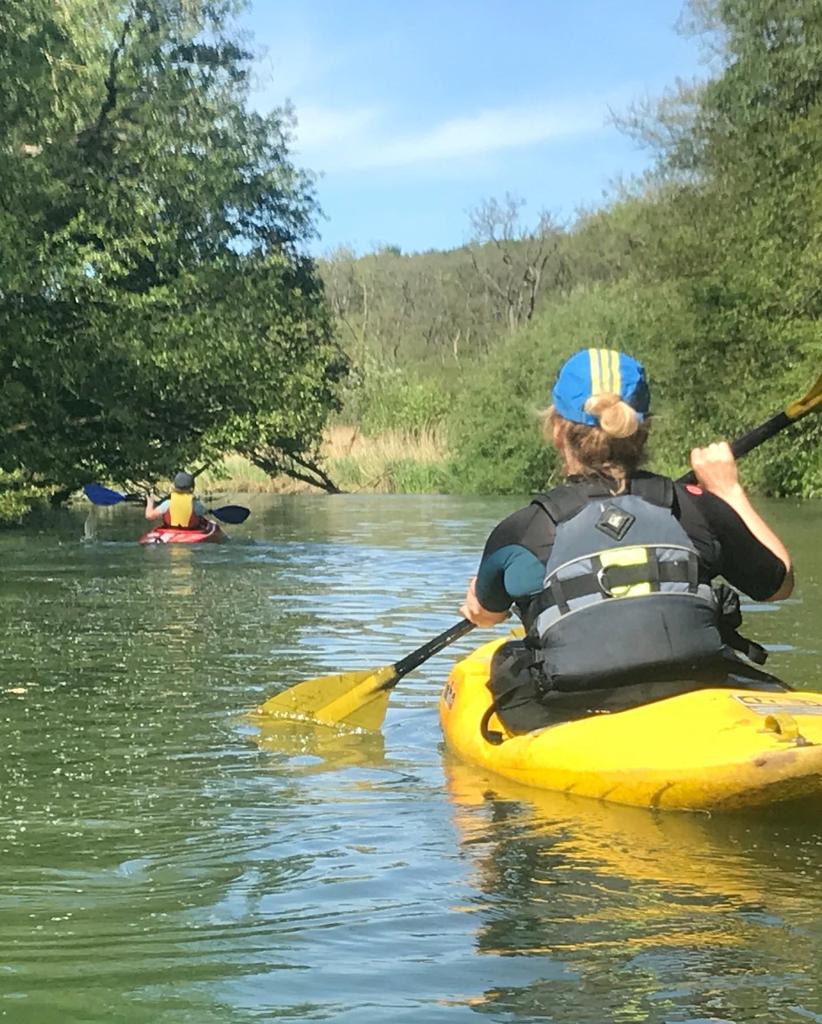📢NEXT RIGHT TO ROAM EVENT
All over England, rivers are dying. Polluted with sewage, fertilizers, biocides, microplastics & industrial effluents; some abstracted to the point of drying up.
🧵1/16
#rivers #LoveYourRiver #sewagescandal #riverpollution #RiverAccess
All over England, rivers are dying. Polluted with sewage, fertilizers, biocides, microplastics & industrial effluents; some abstracted to the point of drying up.
🧵1/16
#rivers #LoveYourRiver #sewagescandal #riverpollution #RiverAccess

The recent surge in public interest & media attention is thanks to grassroots campaigners - people who know and love their local river, who’ve seen and documented the harm, and resolved to DO SOMETHING.
Taking action starts with reconnection.
Taking action starts with reconnection.
Water is the ultimate connector.
Our rivers carry it through cities and countryside, through our stories & history, through every living being.
A river runs through you, between kitchen tap & toilet flush. The state of our rivers is, literally, everyone’s business.
Our rivers carry it through cities and countryside, through our stories & history, through every living being.
A river runs through you, between kitchen tap & toilet flush. The state of our rivers is, literally, everyone’s business.

And yet, we have never been so disconnected from our rivers. If you swim or paddle in water where previous generations bathed, worked, traveled & played for millennia, there’s every chance someone will challenge your right to be there.
Enough of that.
Enough of that.
https://twitter.com/jm0ses/status/1621100220883902469?s=20
The public want greater access to nature, and medical science, social science & education specialists agree we need it. We are winning the political argument too, with @UKLabour pledging a Right to Roam Act theguardian.com/environment/20…
So we’re turning our attention to a future which must see not only a restoration of customary rights, but a cultural reset in which respect, care, guardianship & reverence for nature become the norm. We call this #WildService. Rivers are the obvious place to start. 

Time in ‘green space’ is good for us. Time in ‘blue’ space (rivers, lakes, coasts) even more so. & the more deprived the community the greater the uptick. But it’s not just people that stand to benefit. We can reciprocate. We can love rivers back to life. bbc.com/future/article…
Not everyone behaves perfectly around our waterways. But wild swimmers don’t dump sewage into the river. Waterside wanderers don’t bulldoze the banks. Paddlers don’t peddle monthly doses of ecocide in pet stores. Kids dipping for tiddlers don’t cause mass fish kills. 

What’s your local river?
Where does it come from?
Where does it go?
What are its stories?
Which water company uses it?
How natural are its course&flow?
What lives there?
What’s in the water?
Can you visit freely?
Who owns it?
Who cares & speaks for it? How about you?
Where does it come from?
Where does it go?
What are its stories?
Which water company uses it?
How natural are its course&flow?
What lives there?
What’s in the water?
Can you visit freely?
Who owns it?
Who cares & speaks for it? How about you?
It’s time to find out. July is #LoveYourRiver month, kicking off with a series of #WildService actions on 8th July exploring, celebrating & caring for the #YorkshireDerwent, a river with fascinating history, hydrology, ecology & many stories to tell. We can’t wait to share them!
With fantastic partners we’ll be testing water quality; gathering trash; watching wildlife; learning about #INNS, biosecurity & #RightsOfNature; making art; singing songs; telling tales, & invoking the badass guardianship of #JennyGreenteeth to continue our year of #FolkLaw.
We invite you to do the same. Find out first about your local river, then go and see it. How’s it doing?
Share what you learn using #LoveYourRiver and #LYR[LocaRiverName] e.g. #LYRYorksDerwent. And of course, please share & get the big river lovers in your life involved.
Share what you learn using #LoveYourRiver and #LYR[LocaRiverName] e.g. #LYRYorksDerwent. And of course, please share & get the big river lovers in your life involved.
This is a RTR action everyone can join - your contributions will inspire others. If you have ideas or capacity to organise an event, see if there’s a local RTR group near you or join our contact list to find others. righttoroam.org.uk/everybody-welc…
If you’re a toe-dipper or full-immersion type, a SUPer, sit-on-topper, canoeist or kayaker, rower or sitter-and-starer, nature nerd or creative, fisher or spinner of yarns, whether you’re looking to play or pray, there are endless ways to #LoveYourRiver with #WildService. 

We can’t wait to see what you discover. Please follow the #ScottishOutdoorAccessCode: take responsibility for your own actions; respect the legitimate activity of others; care for nature. outdooraccess-scotland.scot/practical-guid…
Let’s get wet, friends.
#LoveYourRiver @outdoorswimming @sascampaigns @trashfreetrails @BritishCanoeing @Team_BMC @save_our_rivers @RiverActionUK
#LoveYourRiver @outdoorswimming @sascampaigns @trashfreetrails @BritishCanoeing @Team_BMC @save_our_rivers @RiverActionUK
• • •
Missing some Tweet in this thread? You can try to
force a refresh

 Read on Twitter
Read on Twitter










